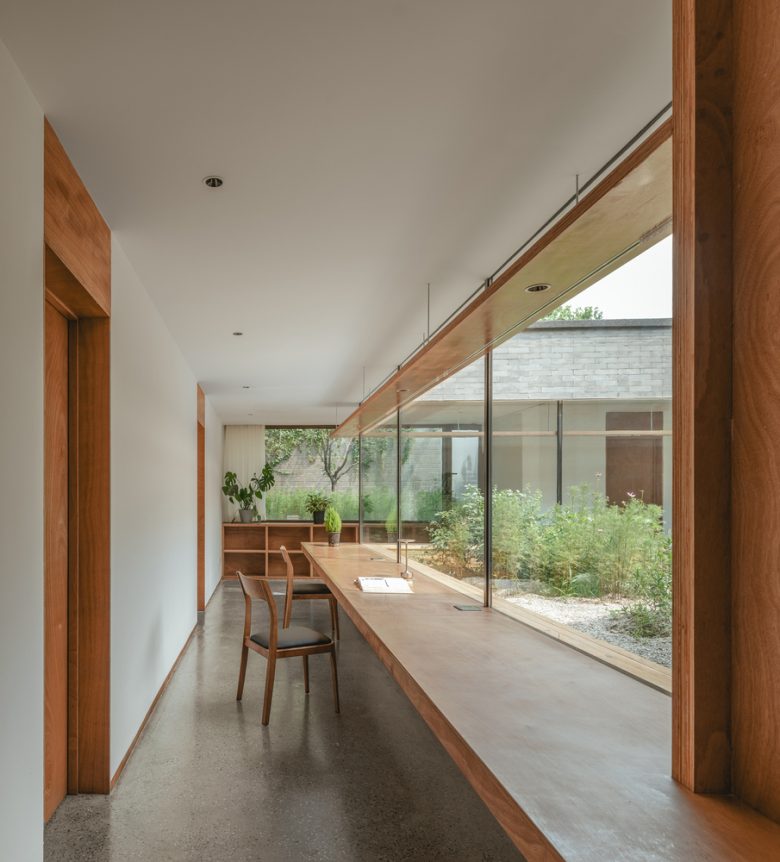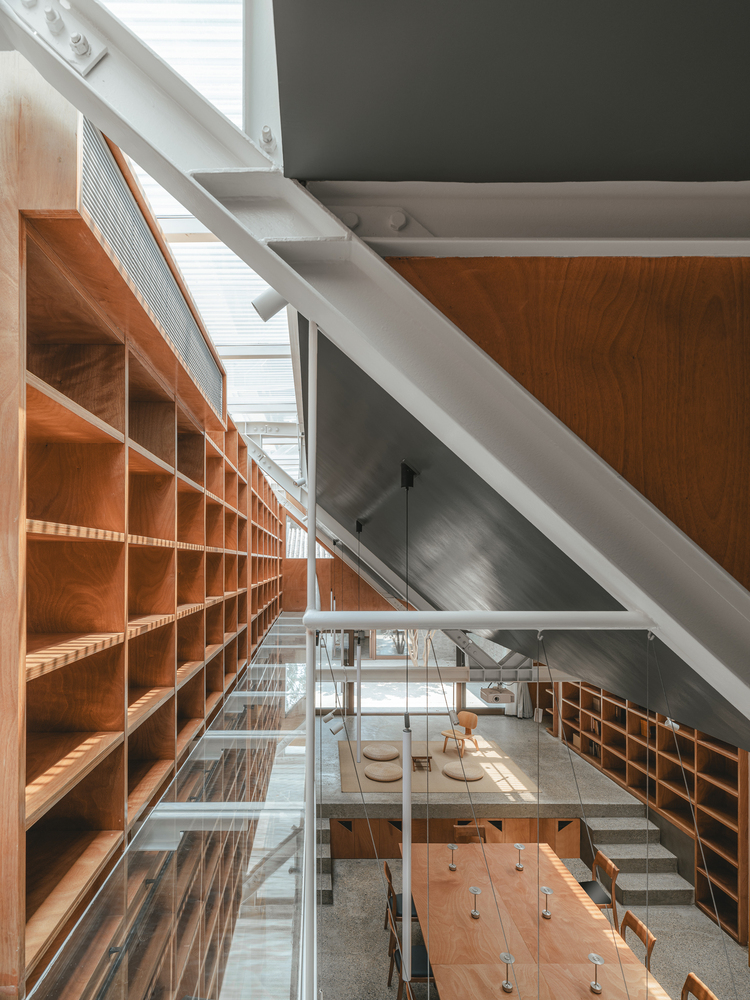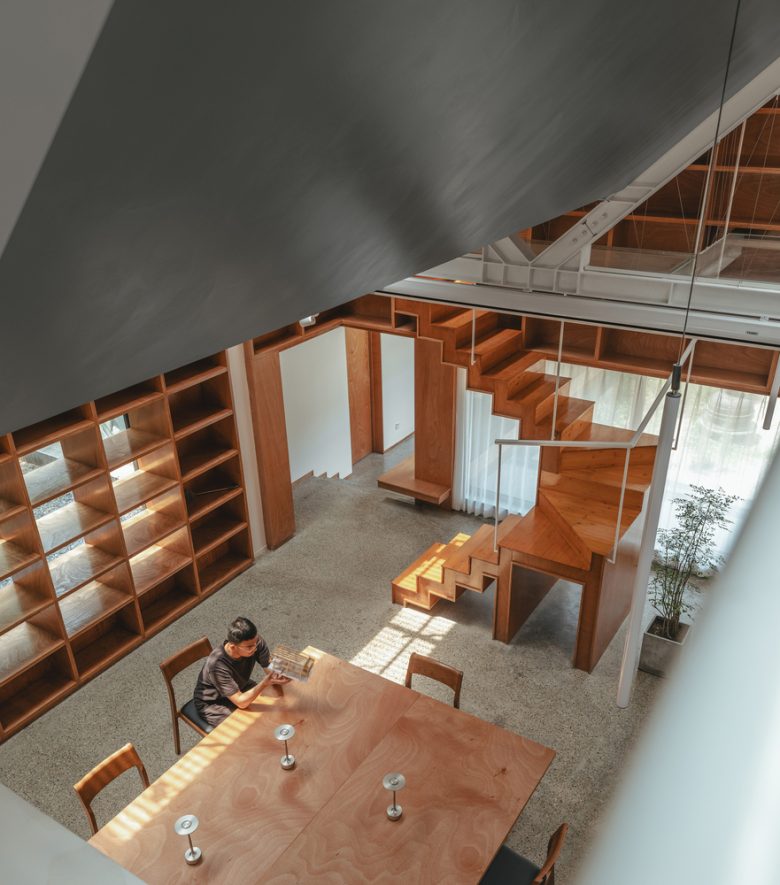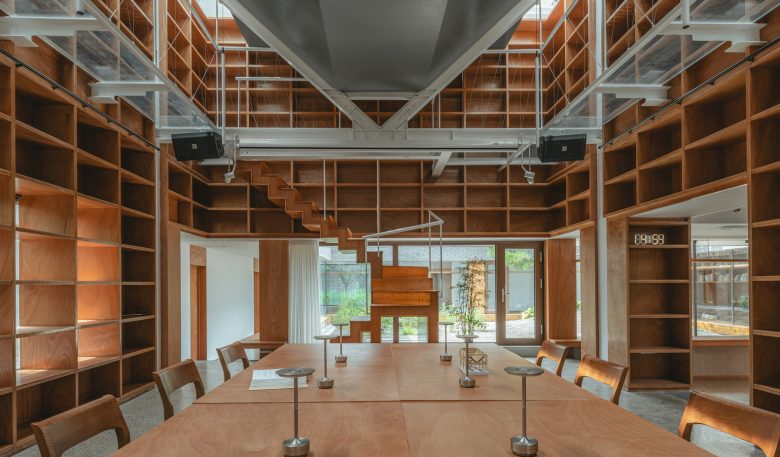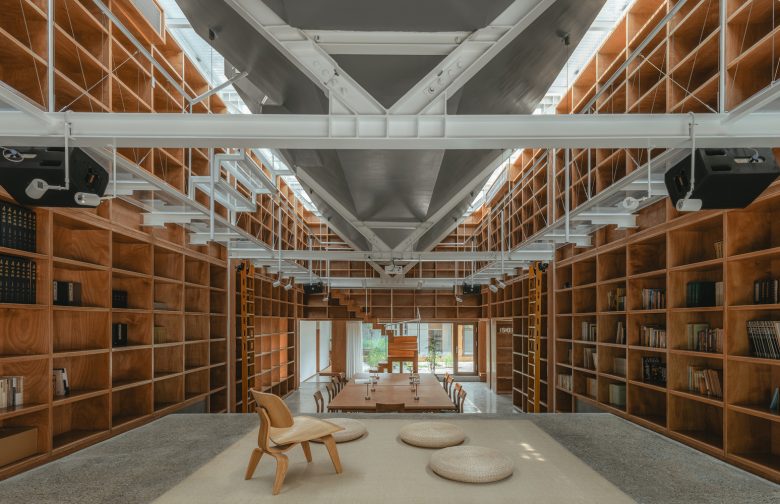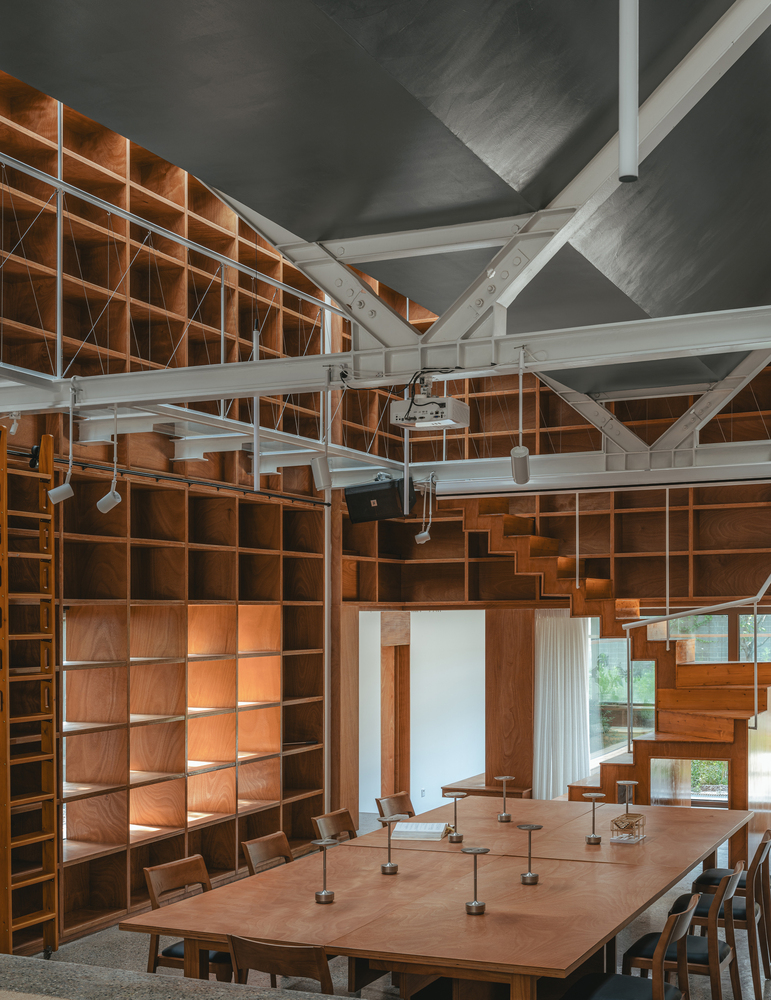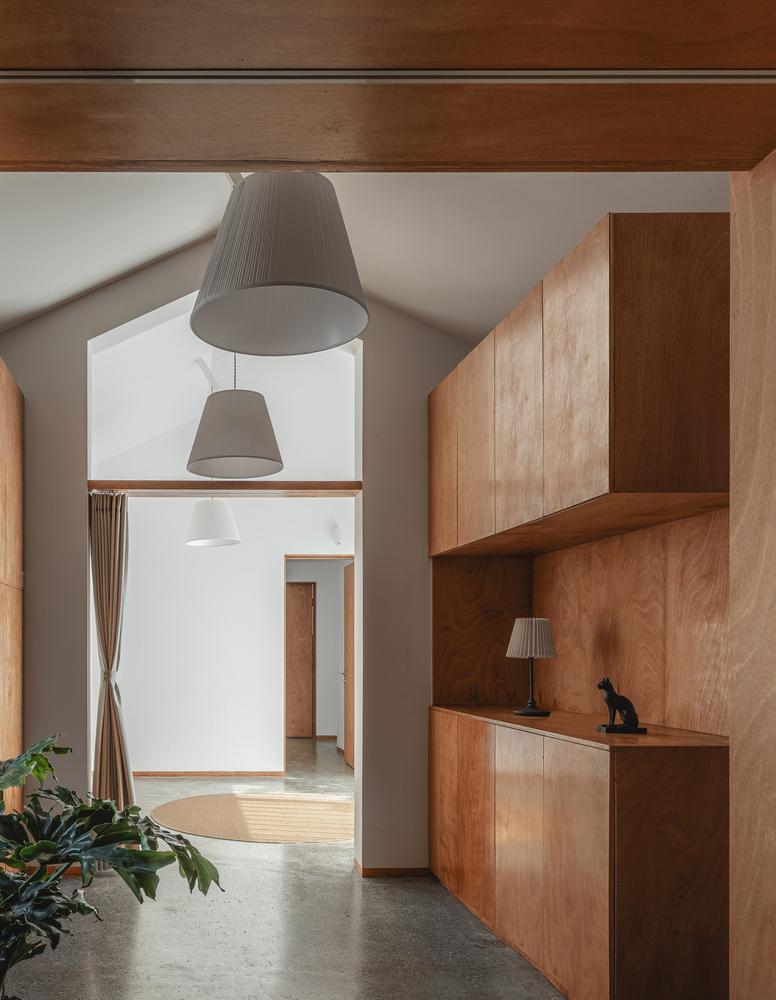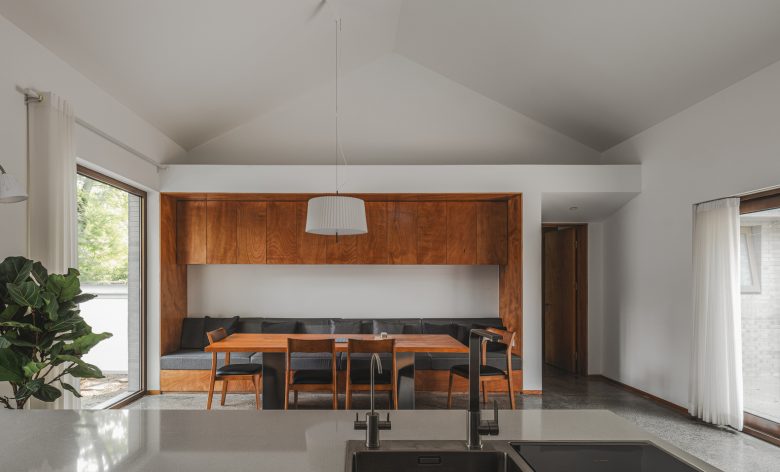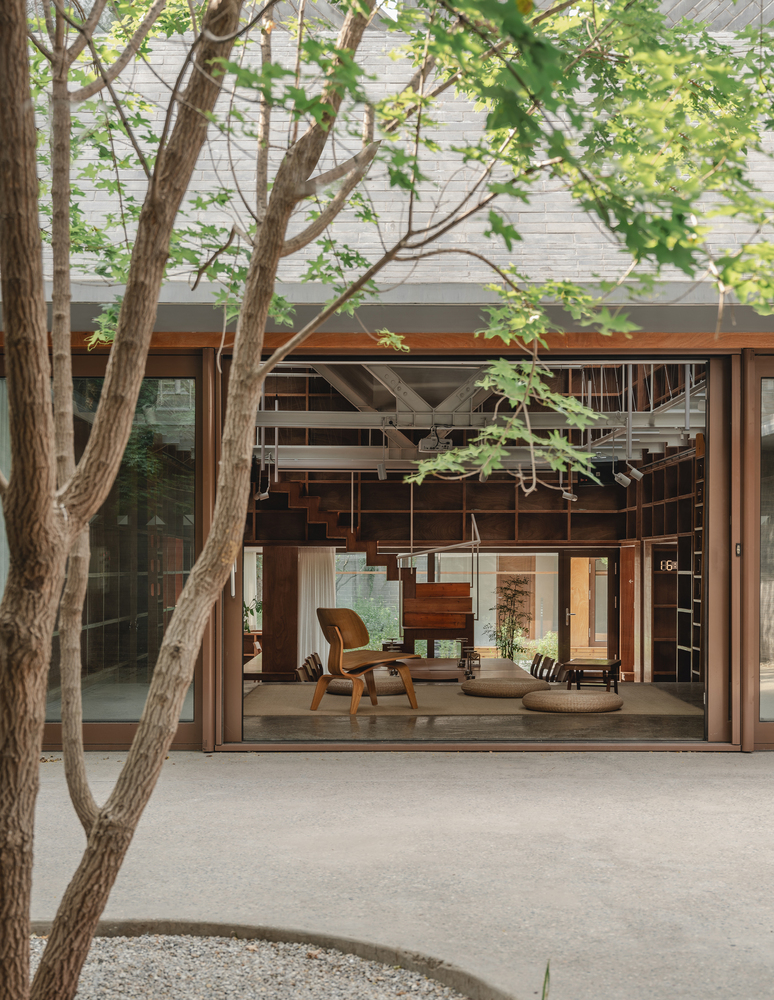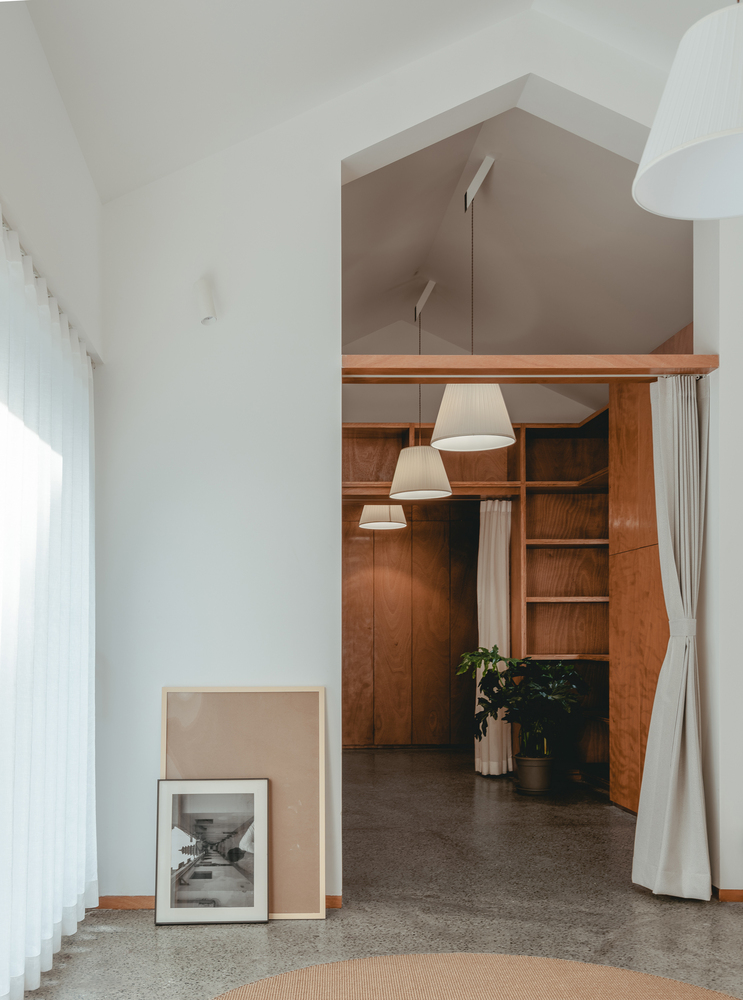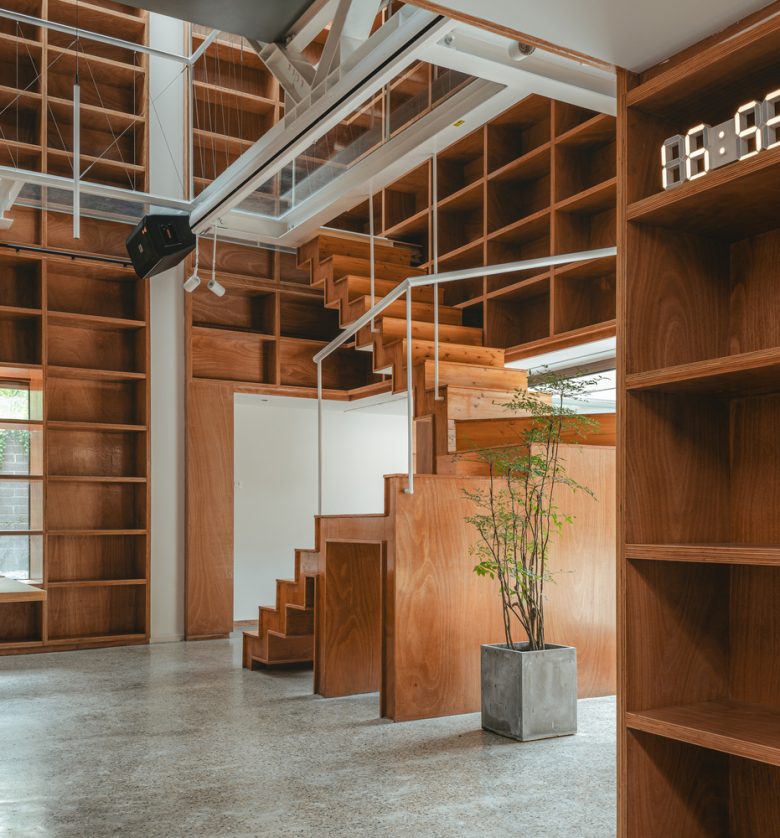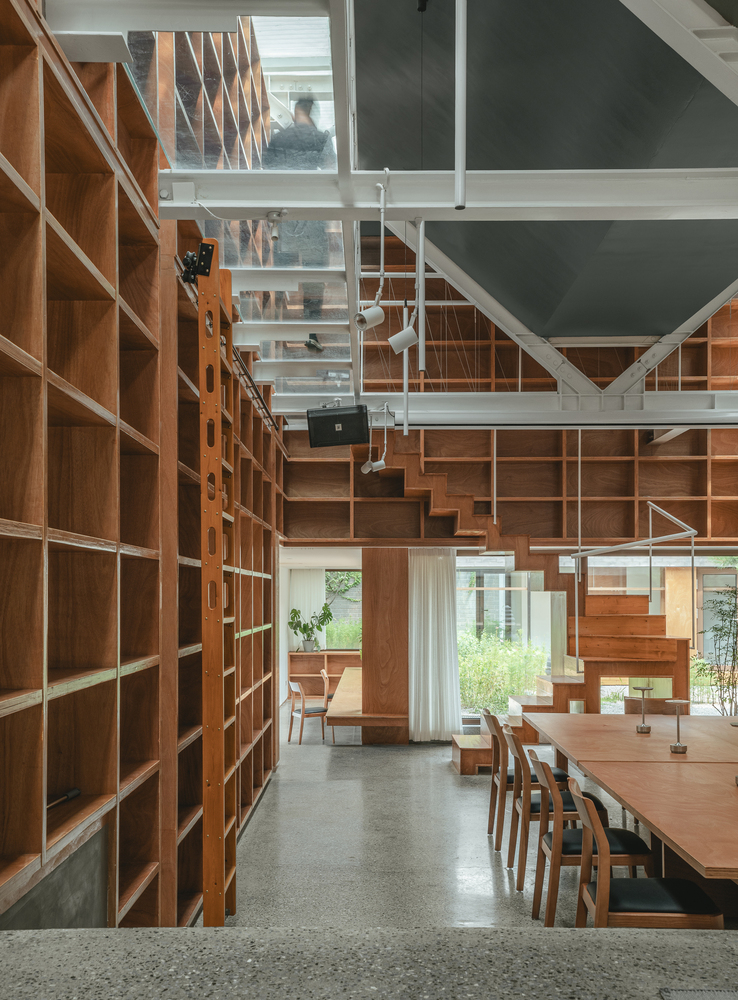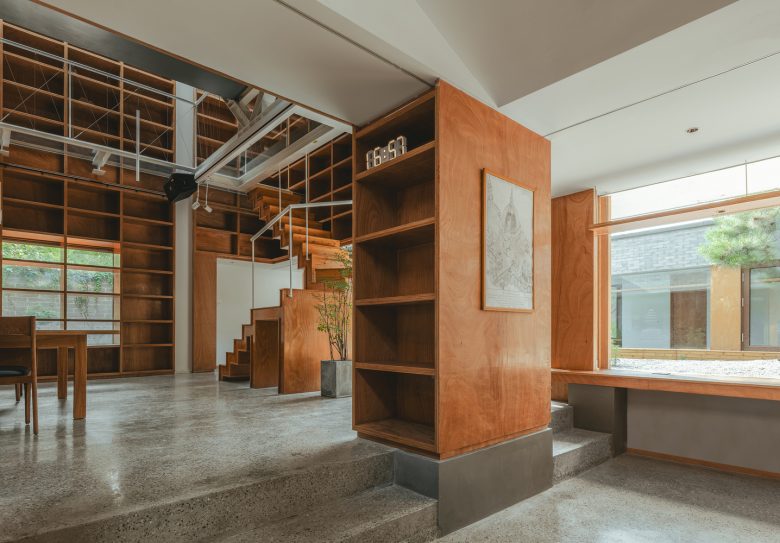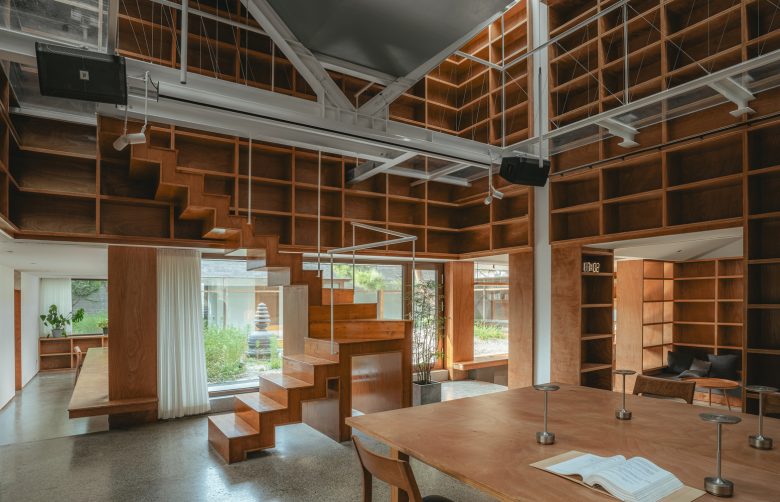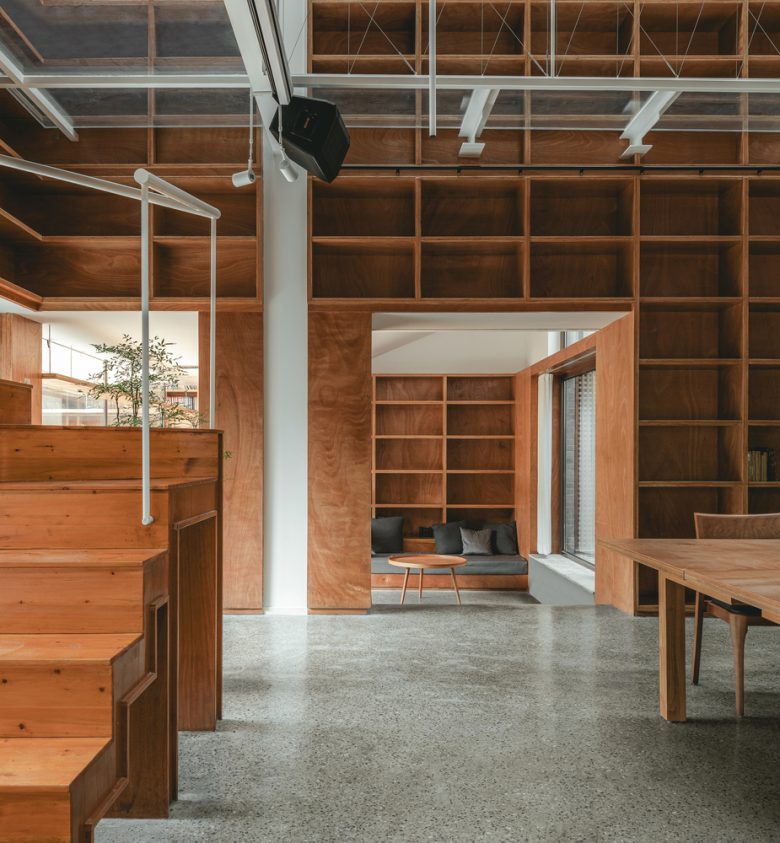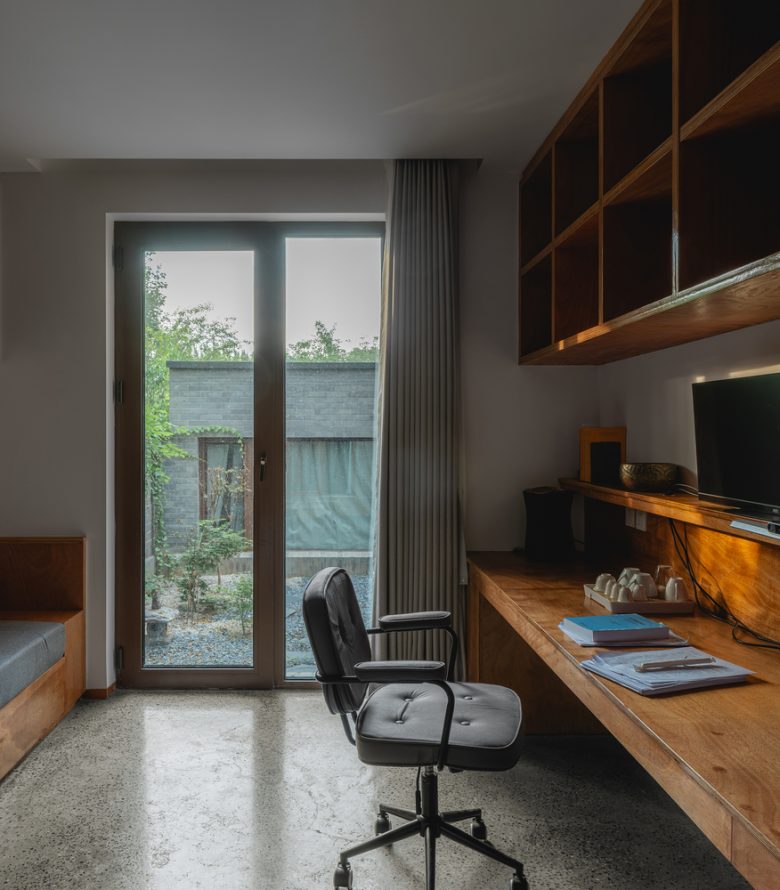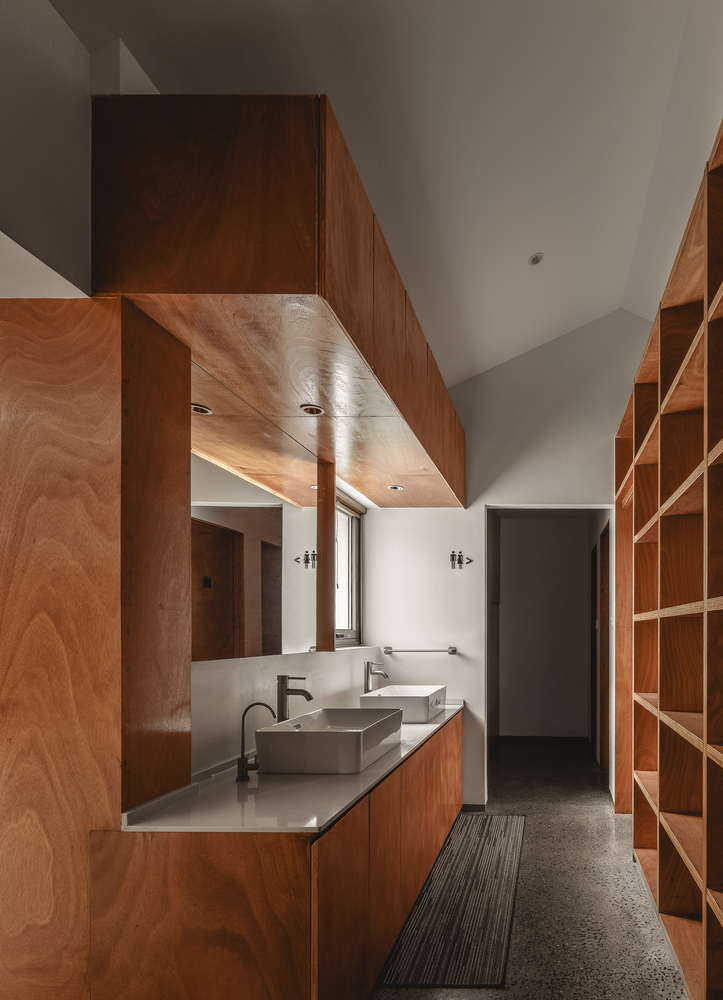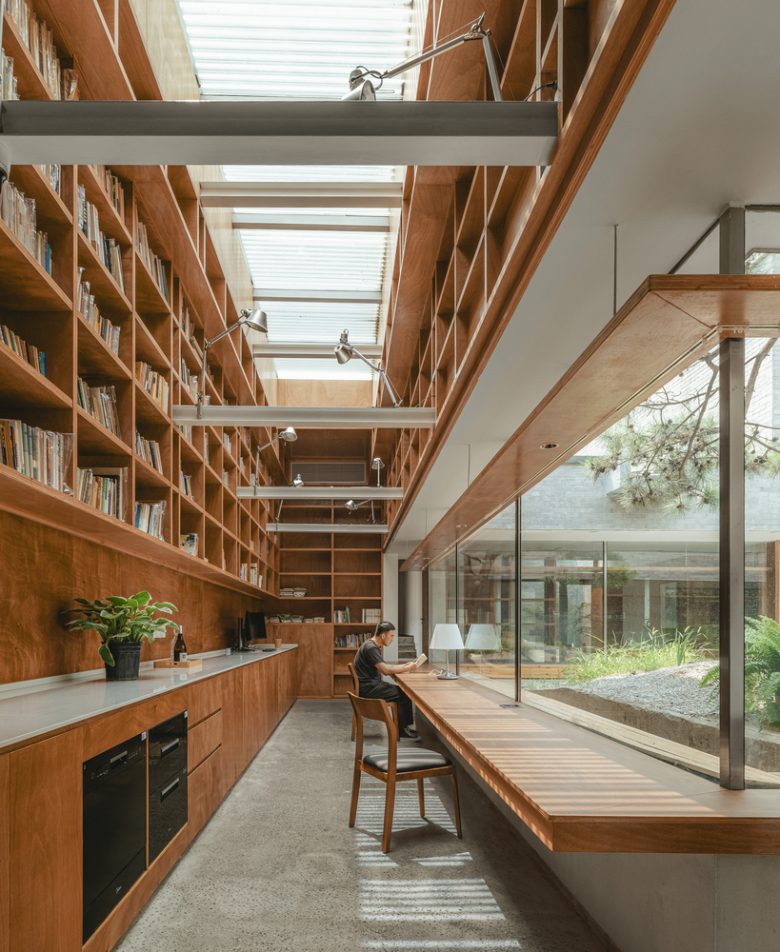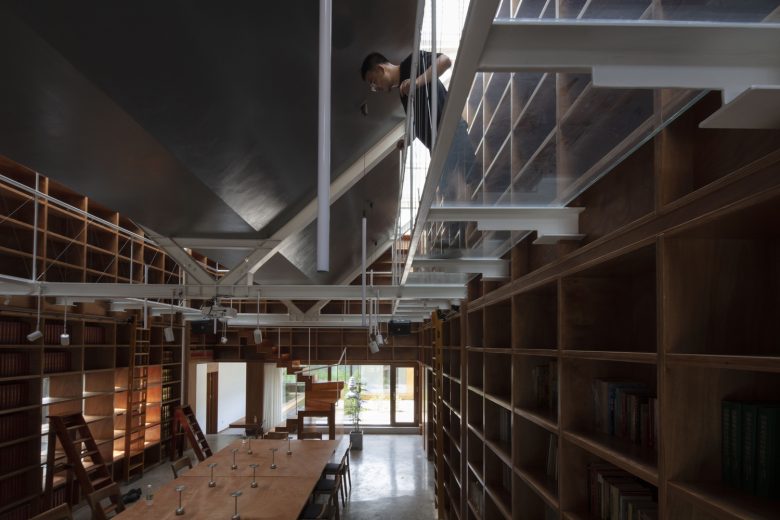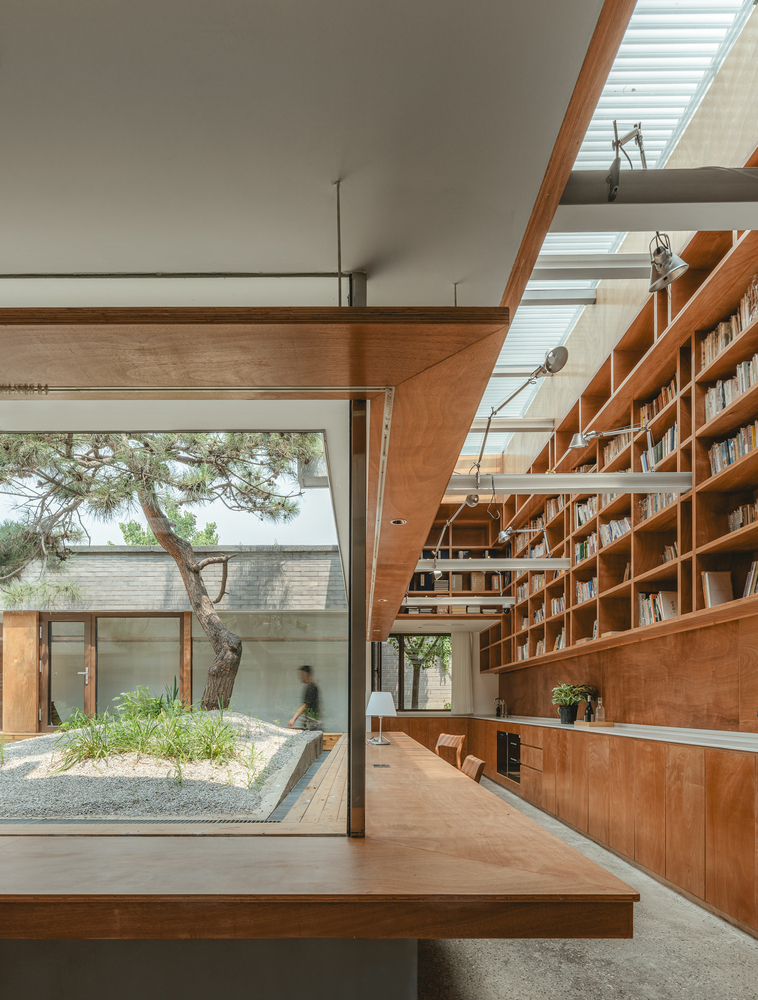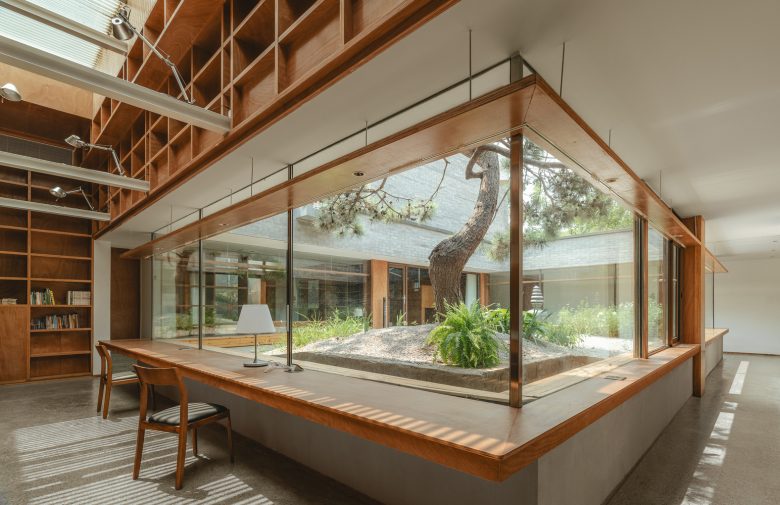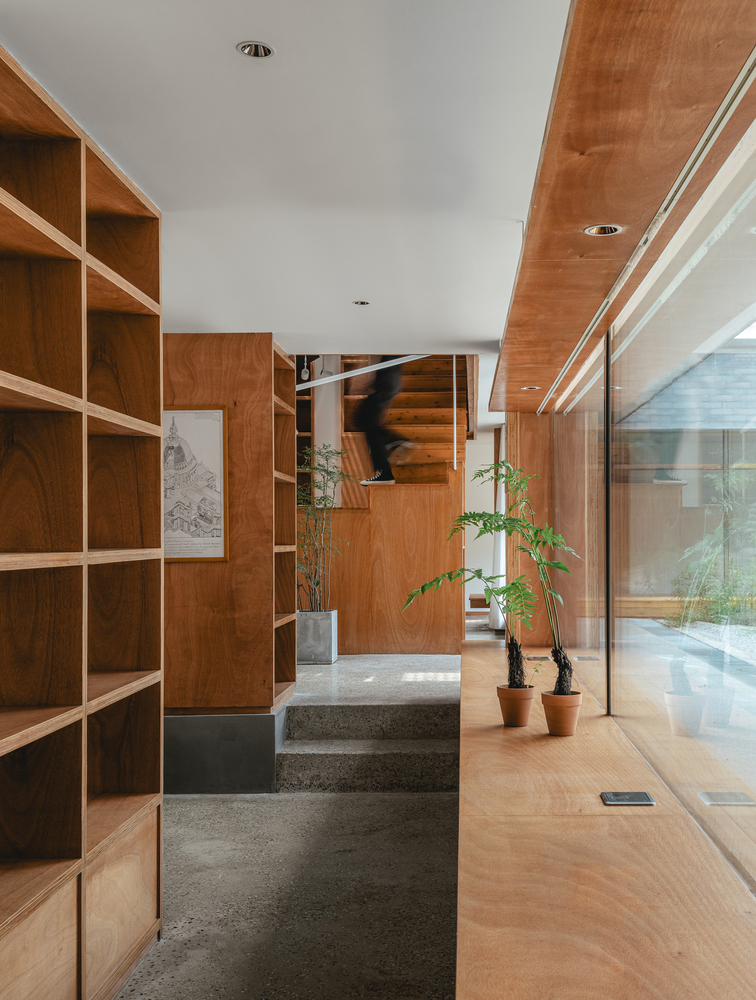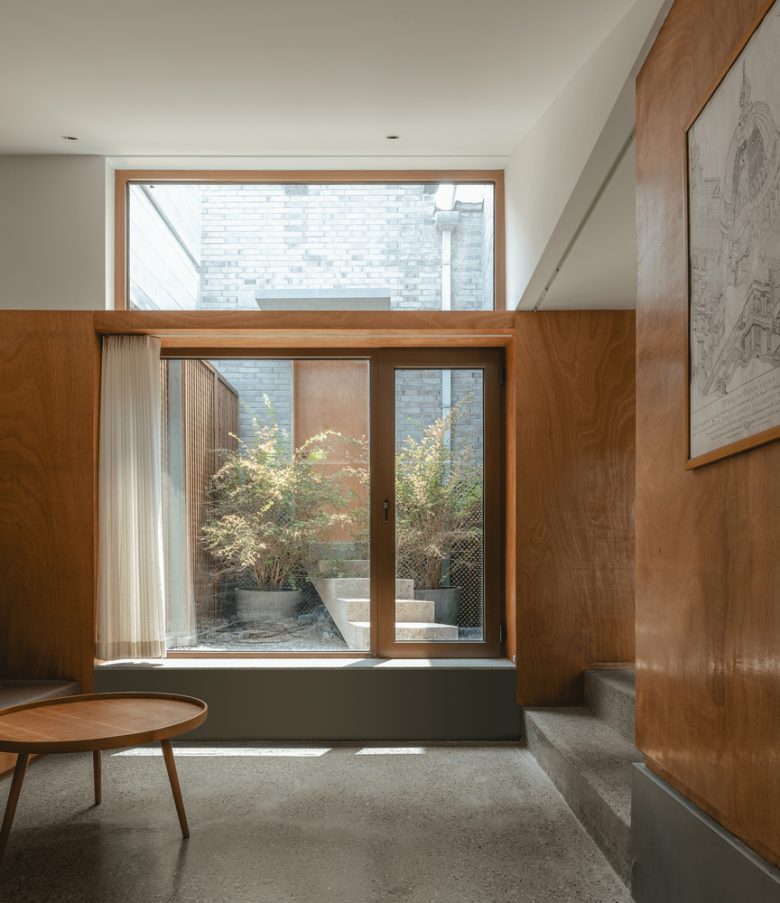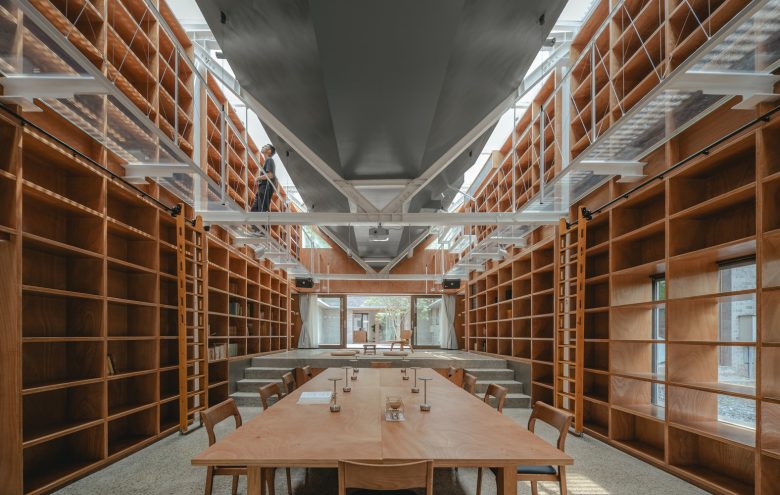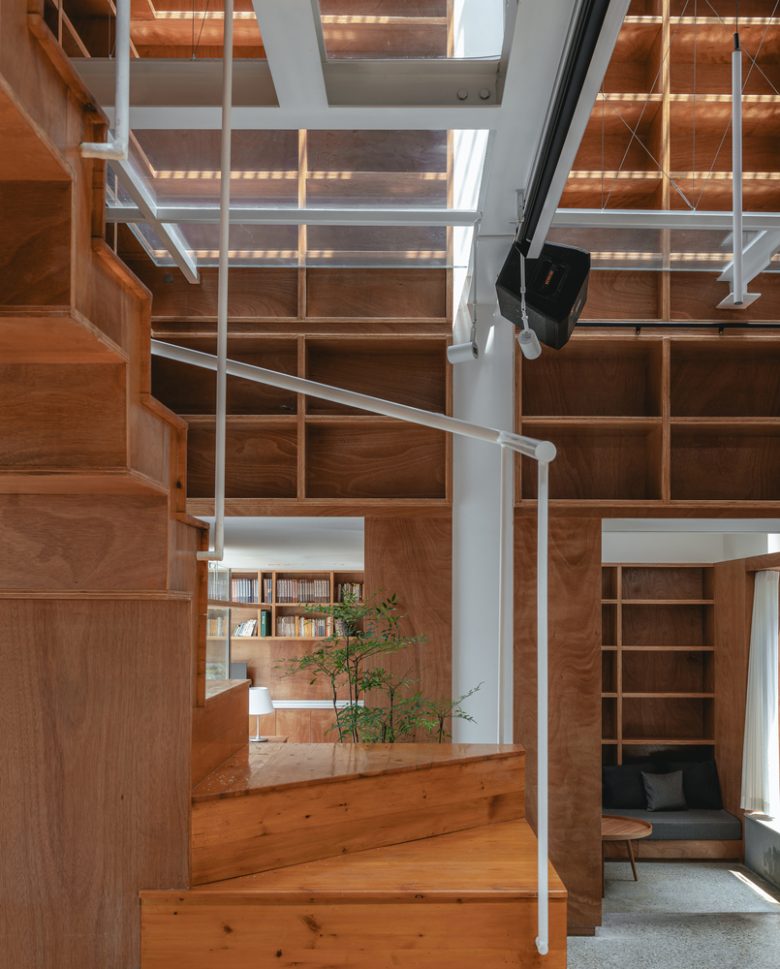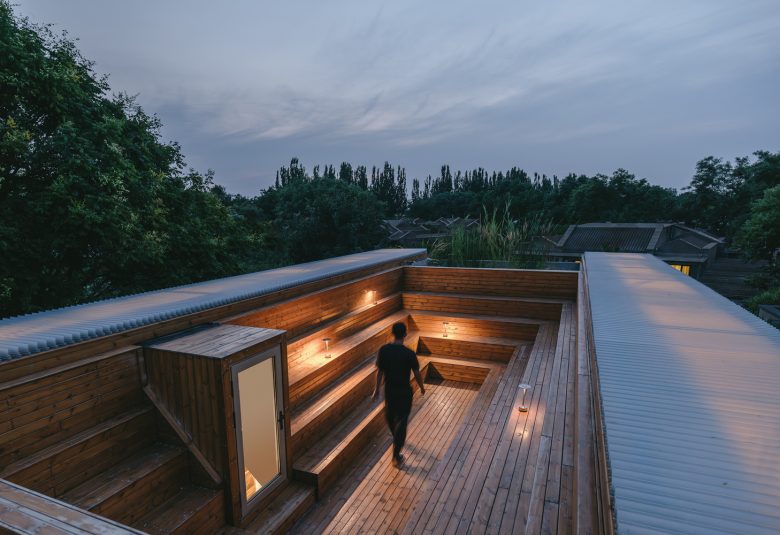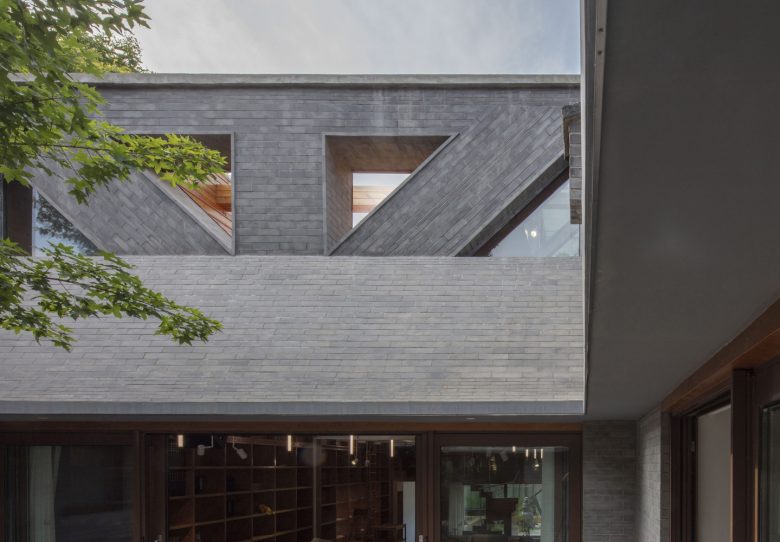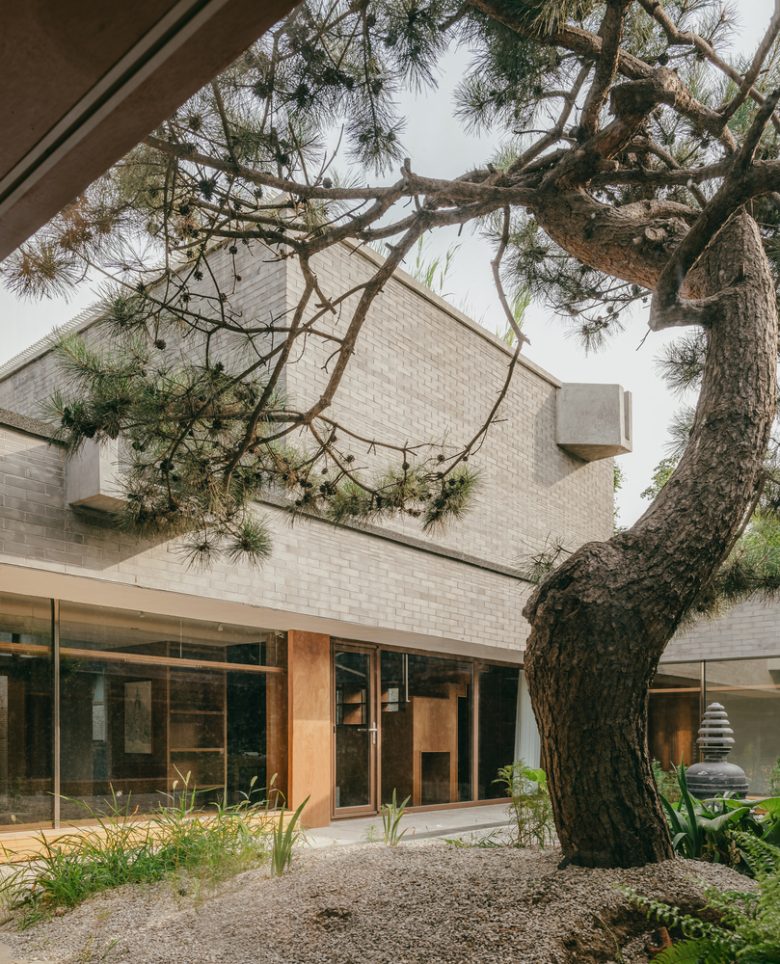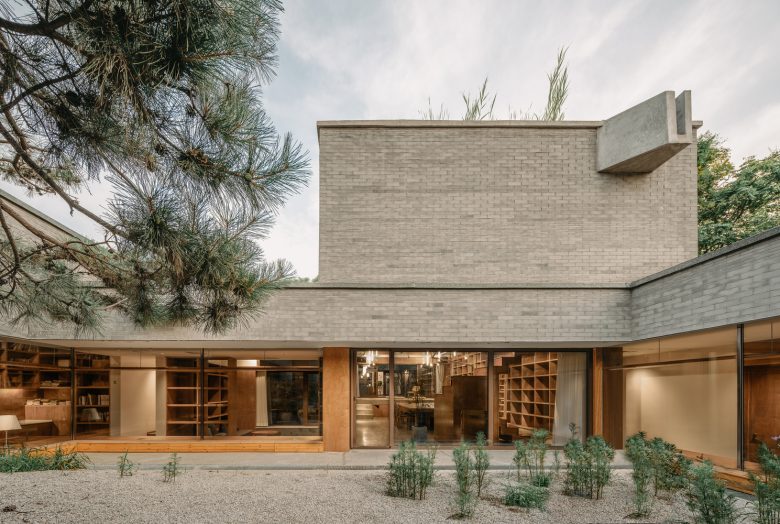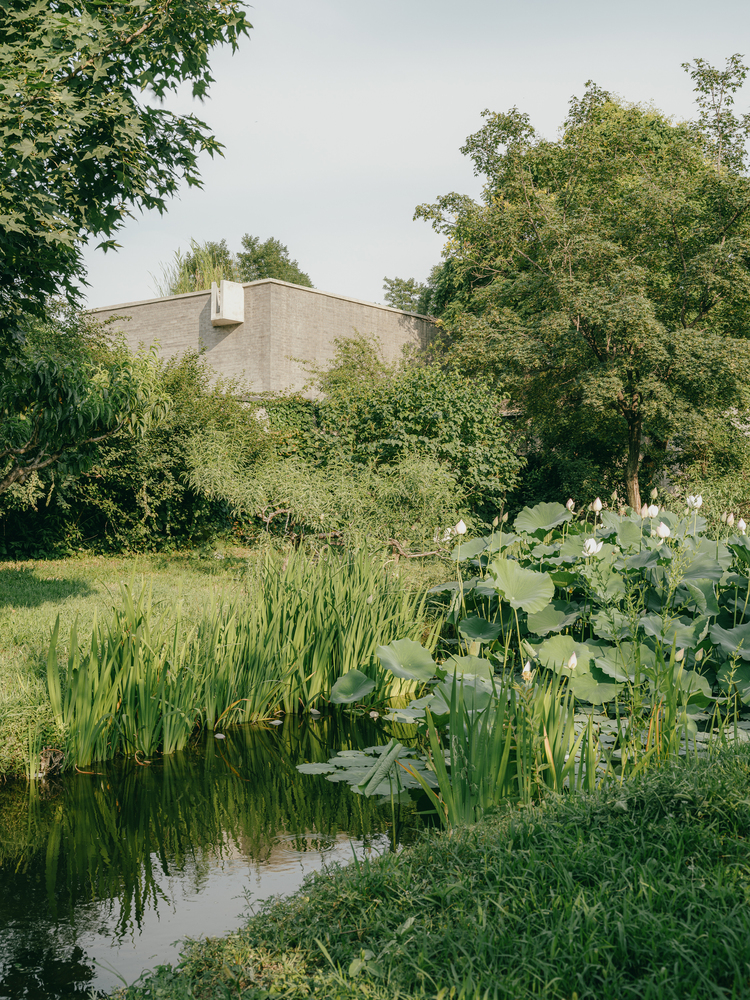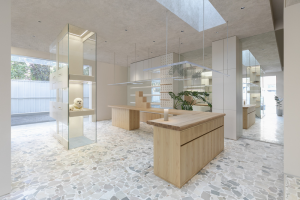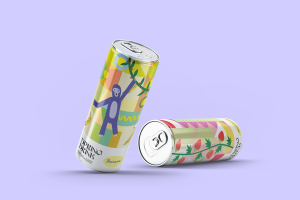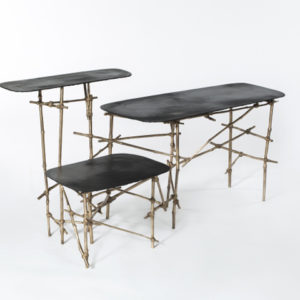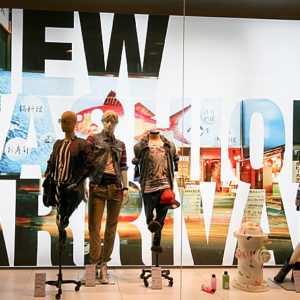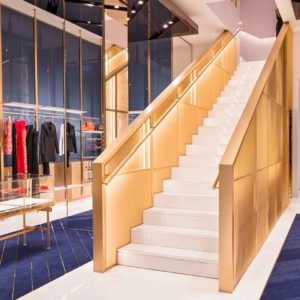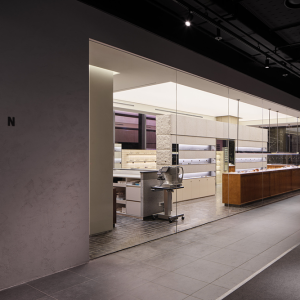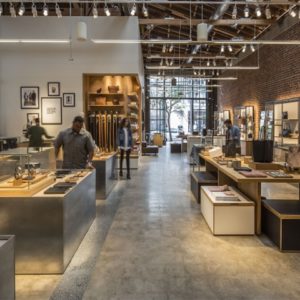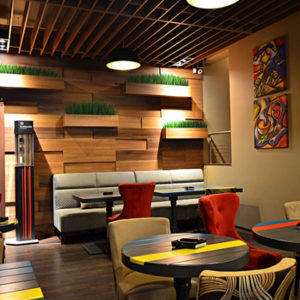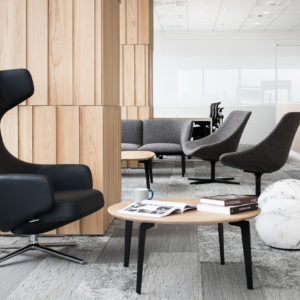

Another project which has an inherent relationship to the thinking of our practice, searching for solutions in combining a series of disparate spaces of various scales together, culminating in a flowing and diffusing entity that takes up the site, like dry land becoming a river or pond. The site is located within the range of the Chaobai River wetlands. The neighboring buildings are relatively scattered, nestled in lush vegetation. The existing buildings, enclosed inwards, occupy less than half of the site’s area, with a hard-surfaced courtyard in the center. The architecture had well-defined boundaries. However, within an environment surrounded by plants, it appears as a secluded island.
Our client is a professor. During our first meeting, he recounted his experiences of traveling to those monasteries and old temples all over the world, and how these architectures provided a sense of immersion. The project would be both his home and a place for study. The new house would have a series of corners filled with bookshelves and desks, scattered everywhere. As people moved around within the building, they would be encouraged to sit down and read or write when the feeling struck. This pervasive ambiance aligns perfectly with the abundance of flowers, plants, and trees in the surroundings.
According to the plan, the new house needed to accommodate the storage of over 20,000 volumes of books. there seemed to have a larger house to centrally accommodate the books, and so it would undoubtedly have a scale that did not match the surroundings. Therefore, in order to minimize the visual impact on the neighborhood, a section of the existing building was dismantled and a large volume was placed at the center of the site. However, from an inner perspective, this volume generates a huge cavity.
We attempted to address the problem by inverting the roof. In this double-height space measuring 7m x 14m, the walls occupied by bookshelves reach a height of up to 6 meters, while the ceiling descends towards the middle of the room. As people pass below, they may feel the roof volume resembles the hull of a ship, adjusting the originally expansive scale. The descending roof forms a concave space above the roof itself. Because the people within this area rarely exceed the height of the external eaves, In an area where privacy amongst neighbors is highly valued, this approach still provides an accessible roof space connected to nature.
The northern end of the site features abundant trees and open space. We placed a great deal of effort in the preservation of these trees, creating another inner yard drawn surrounded by new buildings in the form of a ring. Then smaller volumes were inserted between the buildings and the outside wall of the site, creating a series of smaller courtyards in the process.
Again in minimizing the impact on the neighboring properties, the entire northern side of the site was sunken in by 1 meter. However, the height of the existing trees could not be adjusted and remained the same, resulting in a 750mm elevation difference between the indoor and outdoor areas surrounding the courtyard. Following this elevation difference, a continuous circular tabletop forms, and the courtyard appears to become part of this tabletop. In summer, as the plants grow, it looks like an oversized floral arrangement.
Architects: Chaoffice
Lead Architects: Zhi CHENG
Design Team: Di WU / Juhao PAN
Photographs: Yumeng ZHU, Zhi Cheng
